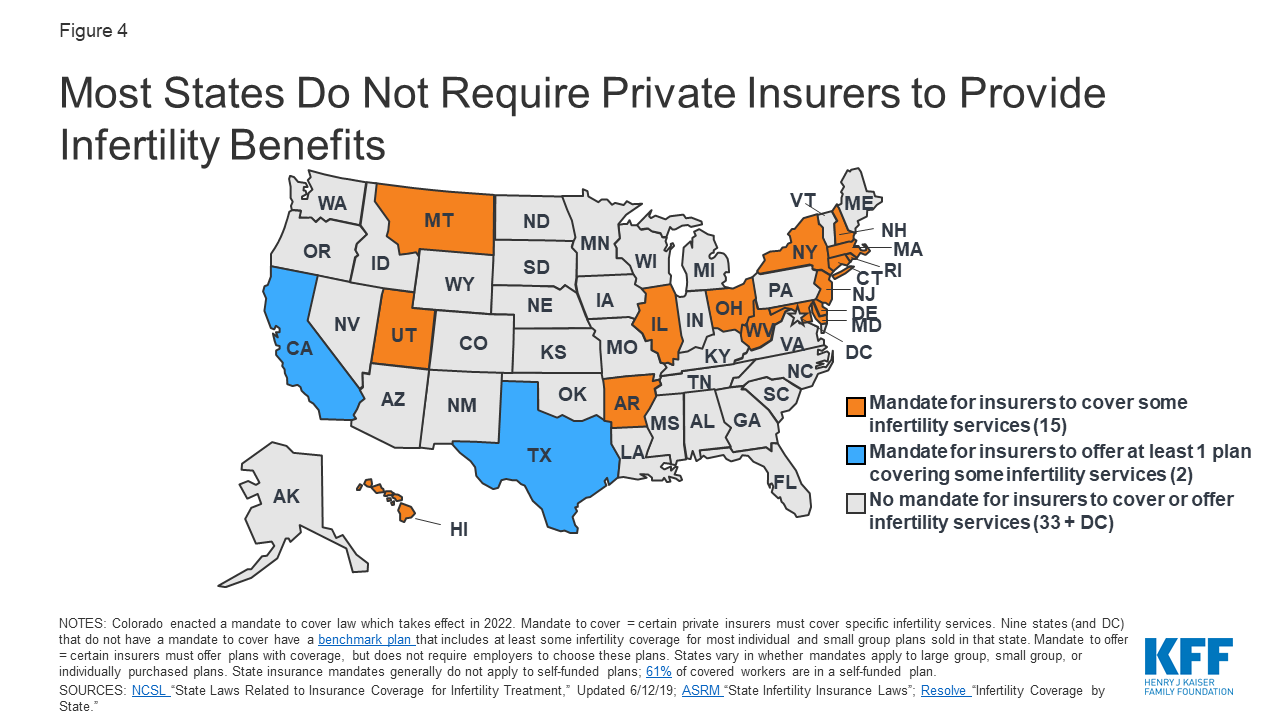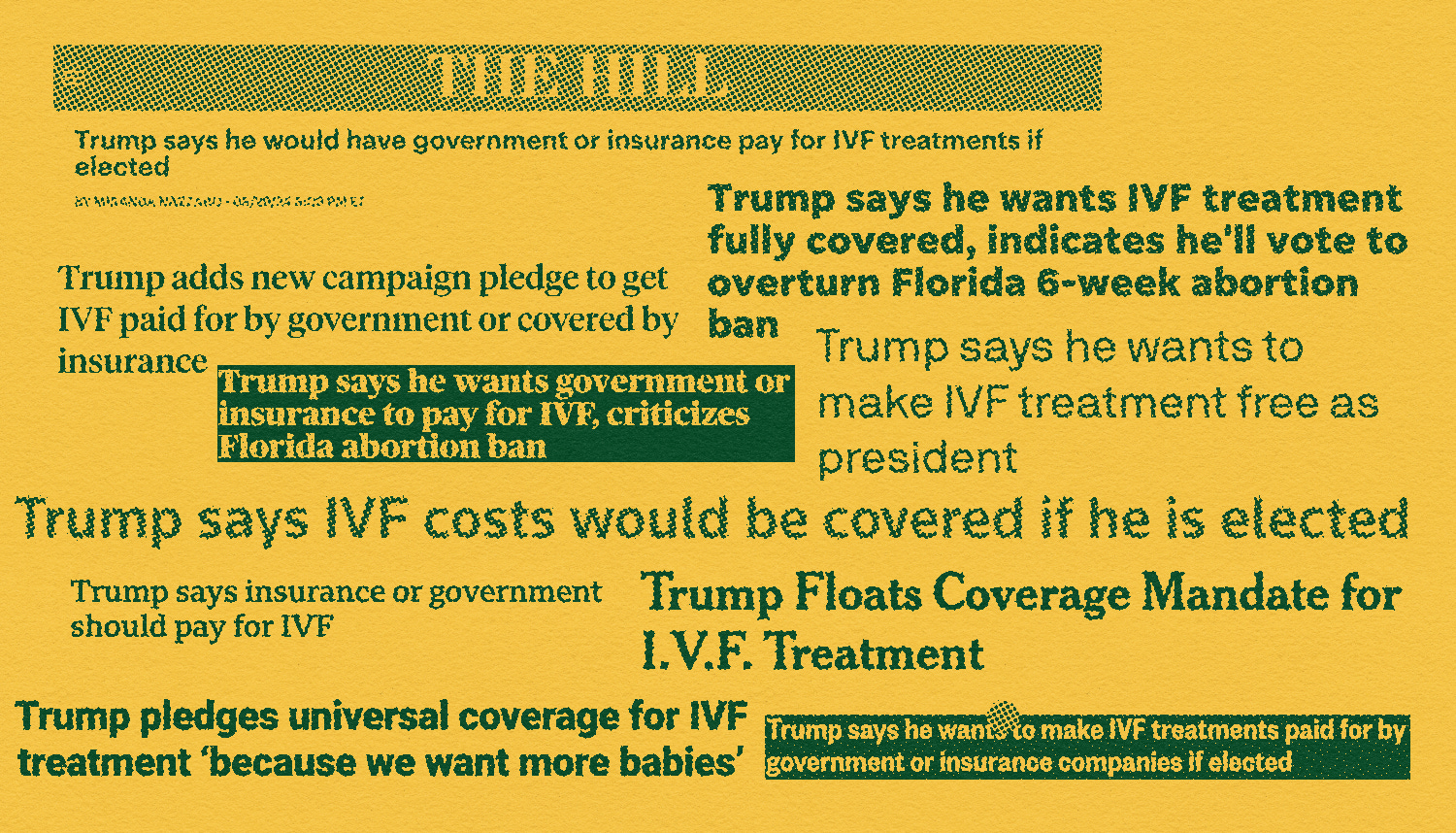Insurance coverage for IVF varies widely by plan & location. Many employer-sponsored health plans may offer partial or full coverage for infertility treatments, including IVF, especially in states with mandated benefits. Be that as it may, individual policies can differ significantly, & some may not provide any coverage at all. It’s essential to review your specific policy & consult with your insurance provider to understand your benefits. And another thing, financial assistance programs & payment plans offered by fertility clinics can help offset out-of-pocket costs for those without adequate insurance coverage.
Does Insurance Cover IVF? Exploring Your Options & Benefits. Wondering if insurance covers IVF? Discover your options & benefits in our easy guide. Get the support you need for your fertility journey!

Does Insurance Cover IVF? Exploring Your Options & Benefits
Understanding IVF & Its Associated Costs
In-vitro fertilization, or IVF, represents a revolutionary approach in fertility treatment. Couples or individuals experiencing difficulties conceiving often turn to this method. Be that as it may, alongside emotional considerations, substantial costs associated with IVF can pose significant burdens. Understanding whether insurance can assist with these costs allows many to make informed decisions. During my journey, evaluating insurance options became a pivotal step in determining our pathway-forward regarding IVF. By exploring available coverage, individuals often discover potential financial relief.
Many associated expenses come with IVF, including diagnostic tests, medications, laboratory fees, & actual procedure costs. Comprehensive knowledge about these expenses assists patients in managing financial planning effectively. Often, couples might not realize how expensive IVF can become over time. It’s essential for anyone considering treatment to thoroughly examine financial aspects as much as treatment procedures themselves.
Having adequate understanding of potential coverage options enables individuals considering IVF treatments to feel empowered. With many health insurance plans varying widely in their policies regarding fertility treatments, it becomes critical for individuals & couples alike to explore what specific plans offer. Analyzing insurance coverage often reveals disparities that could substantially affect overall costs.
Types of Insurance Coverage Available for IVF
Various forms of health insurance coverage exist regarding IVF treatments. Each policy carries different rules, limitations, & coverage levels. Often, managing expectations around what insurance might cover becomes crucial for individuals & couples seeking assistance through these means. Below are some typical coverage types:
1. Comprehensive Fertility Insurance
Some insurance providers offer comprehensive fertility coverage, encompassing various procedures including IVF. These policies often cover diagnostic tests & medication, making them advantageous for those in need of extensive treatments. Patients accessing this type of coverage often encounter fewer out-of-pocket expenses, providing relief in a challenging time.
2. Limited Fertility Insurance
Limited fertility insurance plans usually cover only specific procedures such as IVF, leaving out diagnostic & preparatory treatments. Also, caps might exist regarding total claim amounts. Consequently, understanding what options are available helps individuals manage expectations effectively.
3. Exclusionary Policies
Many insurance policies exclude fertility treatments entirely. This often results from mandates in each state regarding coverage levels or individual provider choices. Those facing this scenario must seek alternative options for financing their IVF treatments adequately. Knowing which policies exclude certain parts allows individuals to plan better.
Finding Out If Your Insurance Covers IVF
Determining whether current insurance provider covers IVF hinges on various factors. Individuals begin this process by contacting their insurance carrier directly. During this inquiry, specific questions should revolve around coverage for fertility assessments, medications, laboratory fees, & procedural costs.
Reviewing Your Insurance Policy
Policies often contain specific clauses about reproductive health treatments. Familiarizing oneself with plan details entails reviewing coverage documentation thoroughly. Paying close attention to language regarding fertility treatments may yield helpful insights about what options exist. Sometimes, exclusions can dramatically change a couple’s experience.
Consulting with a Specialist
Speaking directly with a fertility specialist about insurance coverage can provide clarity. These professionals usually maintain relationships with various insurance providers & have insights into typical coverage patterns. Their expertise may also assist in guiding individuals through intricate policy language.
Utilizing a Benefits Coordinator
Some clinics offer benefits coordinators who understand insurance intricacies related to fertility treatments. Consulting with these professionals becomes advantageous as they guide individuals through eligibility inquiries while ensuring proper documentation remains in place. Having support during this process alleviates some stress.
State Mandates for IVF Coverage
In certain states, mandates require insurance providers to cover some fertility treatments; this varies widely across different regions. Knowledge of local laws can provide essential context regarding individual or couple’s potential eligibility for assistance covering IVF costs.
| State | Mandatory Coverage for IVF |
|---|---|
| California | Yes |
| New York | Yes |
| Texas | No |
| Florida | No |
| Massachusetts | Yes |
IVF Costs Breakdown: Understanding Financial Aspects
Understanding financial components involved allows individuals or couples anticipating IVF treatments to gauge any insurance benefits accurately. Comprehensive breakdowns assist in visualizing potential expenses, thus enabling better planning overall.
Individual Procedure Costs
A single IVF cycle typically incurs numerous expenses. Costs generally encompass medications, egg retrieval, laboratory work, & embryo transfer. Understanding how these elements contribute to total expenses helps couples prepare for various financial requirements during treatment.
Out-of-Pocket Costs
Even with insurance coverage in place, many individuals still encounter substantial out-of-pocket costs. Patients regularly face expenses due to co-pays, deductibles, & even costs not covered by existing plans. Being informed about realistic out-of-pocket scenarios proves helpful when assessing overall financial responsibility.
Ongoing Costs & Planning
IVF often necessitates multiple cycles, leading to additional ongoing costs that can add up quickly. Planning proactively means considering potential future expenses while already processing current treatments. Careful budgeting often remains paramount for couples navigating this challenging journey.
Understanding Medication Costs in IVF
IVF treatments often involve a medication regimen that supports egg retrieval processes & embryo development. Understanding medication costs becomes vital for individuals or couples attempting to calculate their total IVF expenses accurately.
| Medication | Estimated Cost |
|---|---|
| Ovarian Stimulation Medication | $3,000 – $5,000 |
| Trigger Shot | $100 – $500 |
| Progesterone | $90 – $500 |
Possible Financial Assistance Programs
Many organizations offer financial assistance specifically for couples pursuing IVF treatments. Research proves essential for individuals or couples seeking help. Programs provide discount options or grants that offset IVF costs. Understanding available resources broadens opportunities for those in need.
Grants & Scholarships
Specific nonprofits focus on providing financial support for families struggling with infertility. These organizations may offer grants, aiding individuals who cannot procure IVF by traditional means. Applicants often face rigorous processes, yet successful applicants can significantly ease burdens associated with treatment costs.
Employers Offering Benefits
Sometimes, employers provide fertility benefits as part of comprehensive health plans. Consulting directly with human resources can reveal unexpected financial assistance possibilities for those seeking IVF treatment. Organizations prioritizing family well-being demonstrate support through these options.
Payment Plans
Many clinics also offer payment plans that allow couples or individuals to pay for treatments over time. Exploring these options helps make IVF more accessible, easing financial burdens during a challenging time. Understanding available payment structures offers couples flexibility & allows for better financial management.
Evaluating Your Personal Financial Situation
Before diving into IVF, assessing personal finances thoroughly becomes paramount. Navigating treatment entails understanding one’s situation, as this often dictates available options. Individuals & couples will benefit from awareness of their budget constraints & total available funds for treatment.
Creating a Budget
Successfully navigating IVF involves creating a dedicated budget tailored for treatment. Individuals & couples should factor in initial costs, potential ongoing cycles, & medication expenses. Developing a structured budget offers clarity & ensures proper allocation of resources.
Discussing Finances with Partners
Open communication surrounding finances often strengthens partnerships overall. Addressing concerns & expectations around financial commitments enhances teamwork, fostering deeper connections during what’s naturally a stressful process. Working together helps manage finances more effectively.
Consider Professional Financial Advice
In certain situations, consulting with financial advisors could yield helpful insights into managing expenses related to IVF. Their expertise might identify alternative funding source options while assisting couples in making informed financial decisions. That guidance often proves beneficial throughout treatment.
Experiencing Emotional Support During Financial Challenges
Navigating financial hardships surrounding infertility treatments can feel isolating. Individuals & couples alike often experience pressure stemming from mounting expenses & complex insurance systems. Acknowledging these emotional strains proves crucial.
Seeking Professional Counseling
Therapists specializing in infertility & reproductive health these professionals can provide essential emotional support. They often assist individuals in coping with emotional repercussions of financial constraints while navigating IVF. Presence of support during such times can’t be overstated.
Building Support Networks
Forming connections with individuals facing similar challenges enhances feelings of solidarity. Online platforms, support groups, or counseling services provide forums where couples or individuals can share experiences & advice surrounding IVF treatments. This social support plays a significant role in rejuvenating optimism during challenges.
Finding Healthy Coping Mechanisms
Participating in activities that promote mental wellness like yoga, meditation, or exercise can alleviate some emotional burdens. Prioritizing self-care helps individuals navigate stress surrounding treatment. Healthy coping strategies contribute positively to mental well-being during turbulent times.
Alternative Financing Options for IVF
Exploring financing options beyond insurance coverage opens up additional pathways in managing IVF expenses. Numerous external financial aid channels exist for individuals or couples searching for relief from mounting costs.
Medical Credit Cards
Specialized medical credit cards provide an option for finance treatment while receiving IVF. These financial products often have flexible payment structures tailored specifically for medical expenses. Reviewing terms & conditions remains necessary before committing to such options.
Personal Loans
Securing personal loans through banks or credit unions represents another financing route. These loans typically provide individuals with necessary funds upfront to use toward IVF treatments. Careful consideration regarding repayment plans helps ensure available options align with personal financial situations.
Crowdfunding Options
Many couples turn to crowdfunding platforms specifically designed for raising money for medical treatments. Utilizing social networks can help share personal stories, often unlocking support from friends, family, & even strangers willing to assist in covering costs. This option symbolizes community support during challenging times.
Wondering if insurance covers IVF? Discover your options & benefits in our easy guide. Get the support you need for your fertility journey!

Conclusion
In summary, understanding if insurance covers IVF can be overwhelming, but it’s essential for your family planning journey. Many insurance plans offer some level of support, but the coverage varies widely. It’s crucial to thoroughly review your policy & consult with your provider about specific benefits. Don’t hesitate to ask questions & explore all your options to make informed decisions. Remember, seeking help with IVF is a brave step, & understanding your financial options can ease some stress. You deserve the chance to build your family, so take the time to explore every possibility available to you!



